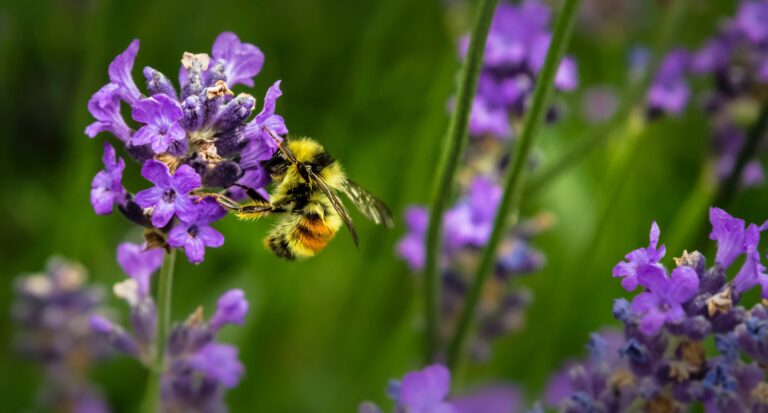
Here’s why 2020 could be a ‘super-year’ for nature
Despite the climate and biodiversity crises continuing to escalate, environmentalists are calling 2020 a ‘super-year’ for nature because of several upcoming international policy meetings that have the potential to set nature on a path to recovery. Delegates’ willingness to commit to ambitious, legally binding plans which include action on human population growth will determine how liveable our planet will be in the future. Population Matters is actively campaigning to ensure population solutions are recognised and implemented.

Climate change
At the 2015 UN climate talks in Paris (COP21), governments agreed to limit warming to “well below” 2 degrees C by the end of the century. Five years later, we are on track for a disastrous 3-4 degrees warming, assuming existing emission reduction targets are met.
Last November’s COP25 in Madrid, which aimed to strengthen existing commitments, was widely denounced as a failure. Climate activists are now gearing up for COP26 in Glasgow this year – a particularly important conference because all countries will be asked to submit new long-term goals.
A 2018 report by the Intergovernmental Panel on Climate Change (IPCC) identified population growth as a “key impediment” to reaching climate targets – our population is projected to grow by an additional 2 billion consumers by 2050 and reach almost 11 billion by 2100. COP26 discussions must include the widely neglected twin solution of educating girls and removing barriers to family planning, which according to Project Drawdown, has the greatest emissions-reduction potential out of all climate change solutions.
Last year’s Scientists’ Warning of a Climate Emergency – a paper endorsed by more than 11,000 scientists – also specifically called for ending and “ultimately reversing” human population growth via positive means to prevent the worst climate impacts.
Population Matters has highlighted the benefits of action to reduce population growth as one of many climate solutions that are needed.
Biodiversity
2020 marks the end of the UN Decade on Biodiversity, which aimed to halt the loss of wild species. Unfortunately the extinction crisis has gotten worse, not better. The UN Convention on Biological Diversity will meet in China this October to agree a new framework and new targets. 2020 will also conclude several rounds of negotiations on biodiversity management in the high seas – if successful, we may see the first legally binding international agreement to protect ocean health.
A key 2019 report by the Intergovernmental Science-Policy Platform on Biodiversity and Ecosystem Services (IPBES) estimated that a shocking one million species are now threatened with extinction. In addition, it found that three quarters of all land and two thirds of all marine areas have been damaged by human activity.
The IPBES report clearly identified human population growth as an “indirect driver” of biodiversity loss, fuelling the direct drivers such as habitat destruction and overexploitation. It noted that halting the sixth mass extinction requires urgent transformative change that addresses both direct and indirect drivers.
Population Matters is campaigning to ensure that the new Convention on Biodiversity framework recognises and includes population action.

Sustainable development
Finally, as well as marking the UN’s 75th birthday, 2020 is the deadline for 21 of the targets set by the Sustainable Development Goals, which aim to achieve a better world for people and planet by 2030. Many targets have been missed and will need to be renewed.
Wouldn’t it be great if 2020 is the year in which world leaders recognise that rapid population growth hinders both environmental and social progress, and the goal of a sustainable human population takes its rightful place in the sustainable development agenda?


